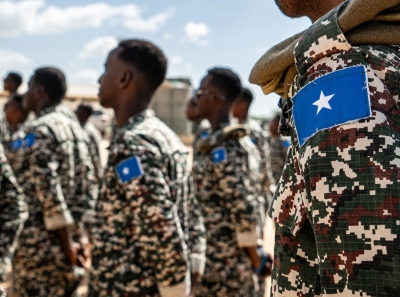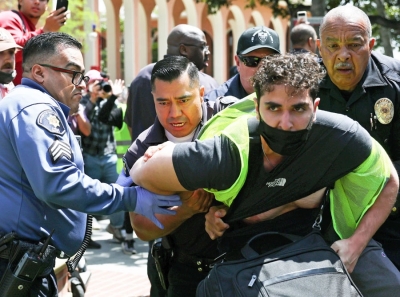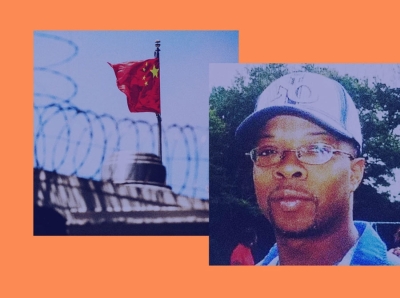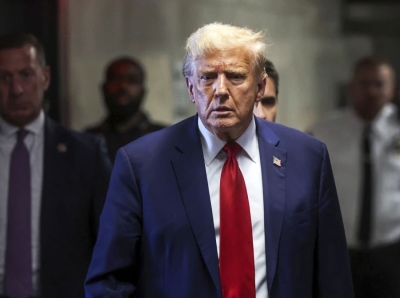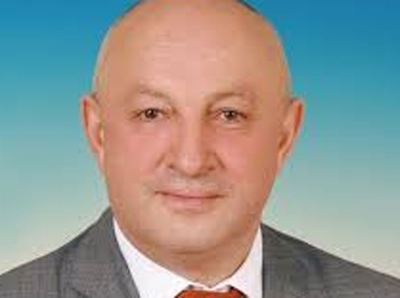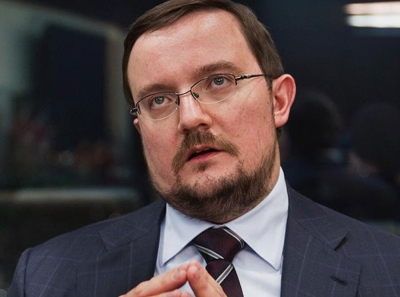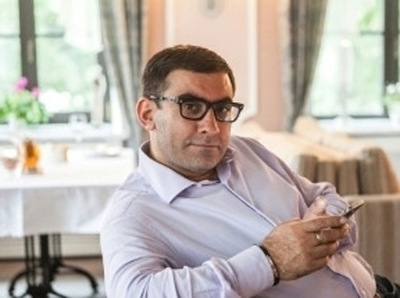Ukraine war: what are the takeaways from 2023?
Unlike in 2022, the front lines in the Ukraine war barely shifted in 2023, and military operations seem to be deadlocked. Commentators examine what has changed and what conclusions can be drawn from this.
Kyiv must scale back its war aims
A bitter year is coming to an end for Ukraine, Politiken summarises:
“Russia has more than three times as many inhabitants and has switched to war economy mode. The West is struggling to provide the necessary weapons and most observers are now anticipating a Russian offensive in the spring. ... Moreover, the US election is looming, and with it the danger that Trump will win and end support for Ukraine. None of this means that the war is lost. But it does make a military victory for Ukraine in which it recaptures all its territory hard to imagine. And it forces both Ukraine and the West to think about what a Ukrainian victory might look like.”
Things are going swimmingly at sea
Ukraine has been successful in the Black Sea, gazeta.ua stresses:
“The Ukrainian attacks on Sevastopol and Kerch have forced the Russian fleet to start relocating their bases to Novorossiysk. The western area of the Black Sea is effectively free of Russian presence. For months now, hardly any Kalibr cruise missiles have been fired at Ukraine from enemy missile ships and the grain corridor is functioning without the Kremlin’s approval. ... In the air, too, the trend is changing. ... So while there is no reason for triumphant cheers, there is also no reason to despair.”
Zelensky’s style has lost its appeal
Libertatea examines the reasons for the drop in the president’s poll ratings from 88 to 63 percent:
“The increasing war-weariness and ongoing hostilities are changing the way Ukrainians perceive political reality. It is not that they want peace with Russia at any price, as Russian propaganda tells us. Yet they wonder whether Zelensky’s decisions are wise and will lead to victory. Zelensky is still trying to win over the public with his speeches, but he is no longer as effective as he was. His unique approach has made it into the political communication textbooks, but it looks like he will have to reinvent himself in the election year 2024.”
A people subjected to war
Kirill Martynov, editor-in-chief of Novaya Gazeta Europe, observes fatal social changes in Russia in a Telegram post picked up by Echo:
“Initially, the war was seen as a great evil which would, however, be limited in time and space. ... The situation at the end of the second year of the war shows that this was an illusion. Russian society has changed forever. The ban on discussing reality and on calling the war by its name is forcing it to submit to the war in the most brutal and fascist way. The main dynamic is the formation of a ‘guardian’ class along the lines of the ‘Islamic revolutionary guards’ [in Iran]: between 10 and 15 million people who work for the war and to protect the dictatorship.”

